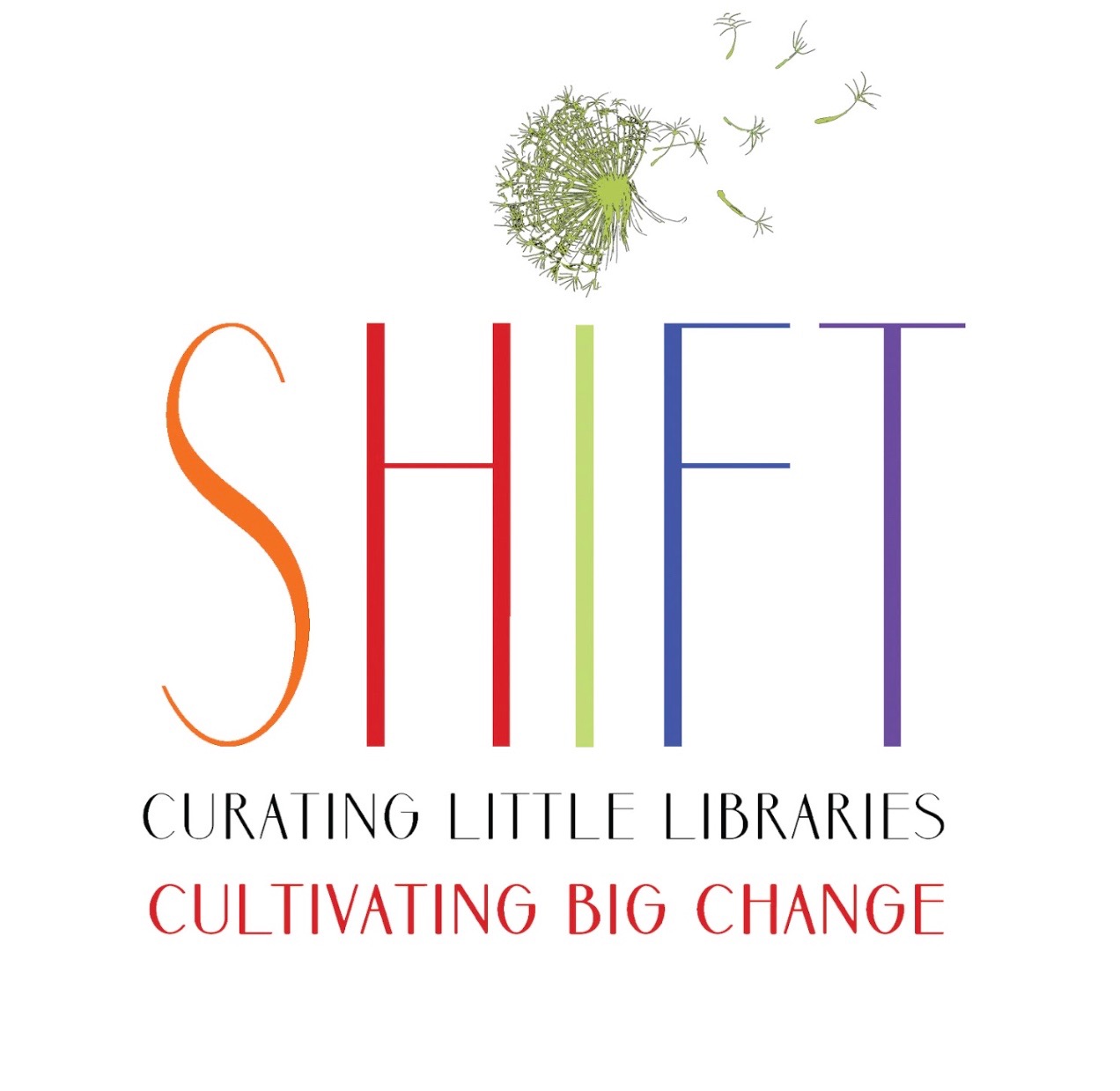Her name is Dr. Rudine Sims Bishop. She is Professor Emerita of Education at The Ohio State University. She writes and teaches about education and children’s literature and has served on the committees for many of the highest children’s literature awards in the country. Dr. Bishop is a Heinemann author. She was awarded the Coretta Scott King–Virginia Hamilton Award for Lifetime Achievement in 2017. She is a Big Deal.
Almost 30 years ago, Dr. Bishop published the following in the journal Perspectives:
Books are sometimes windows, offering views of worlds that may be real or imagined, familiar or strange. These windows are also sliding glass doors, and readers have only to walk through in imagination to become part of whatever world has been created and recreated by the author. When lighting conditions are just right, however, a window can also be a mirror. Literature transforms human experience and reflects it back to us, and in that reflection we can see our own lives and experiences as part of the larger human experience. Reading, then, becomes a means of self-affirmation, and readers often seek their mirrors in books (Bishop, 1990, p. ix).
This powerful metaphor has been taken up in Tedx talks and by educator bloggers. Yet Dr. Bishop is too often erased from her own message about mirrors, windows, and sliding glass doors. Frequently the metaphor is evoked with no citation. Or it is attributed to a blogger who has cited her work within their own. Or, in our case, her work is misattributed to one RUTH Sims Bishop.
That’s right. In attempting to pay homage to the work of Dr. Rudine Sims Bishop we somehow got her name wrong. And we displayed that botched attribution prominently on our website.
Starting yesterday, we began to be—rightfully-- taken to task for this on Twitter.
By some of our heroes.
Our deep mortification is not the point. The point is that our typo contributed to the erasure of Dr. Rudine Sims Bishop, of her role in articulating what has been deemed by Professor Violet Harris to be a “rallying cry of sorts among academics, librarians, critics, scholars, and reviewers” (Harris, 2007, p. 153). Dr. Bishop’s metaphor is a rallying cry for us as well. And we contributed to erasing her name from it.
Our mistake is made all the more egregious because we, the co-founders of SHIFT Book Box, are two white women. Two white women whose lack of careful editing caused us to participate in the erasure of a Black woman’s voice. An esteemed professor’s voice. It was an ignorant oversight.
In November 2018, SHIFT Book Box launched as a picture book subscription service designed to serve as a tool for families and caregivers to prioritize and engage in the work of social change within their communities and families. We center books that represent diverse people and families, and prioritize works produced by #ownvoices creators, who are traditionally systemically underrepresented in children's book publishing. We want to support families and educators in decolonizing their bookshelves, and we want to help create channels for these excellent books to be read by wider audiences. We believe that this in turn will help put pressure on the publishing industry to produce more books by diverse authors, books that represent diverse characters and lived experiences. We also intend to, in our small way, amplify the voices of those who have already been doing this work for a long time, such as Dr. Rudine Sims Bishop.
Our typo, the erasure of Dr. Rudine Sims Bishop, is fully at odds with the mission of our project. But it is a concrete example of something that has been at the forefront of minds from the start: to do this work well will be a challenge, in part, because we are white. We regularly check in with ourselves and do our homework about how to do this work responsibly. We have a desire to use our passion, education, and privilege to be a platform to help get exceptional books into the hands of more readers. To sell more copies of good books and to support families in exploring them. But we clearly have blind spots. We are going to get things wrong, from typos that should have been caught to goodness knows what in the future. We are committed to learning from our mistakes, to making as few of them as possible, and to acknowledging when our privilege and our blind spots cause us to participate in the erasure and potential hurt of the very creators we intend to support. This is one of those times.
We are sorry. We messed up.
We recognize that we will always have more work to do to embody the values in which we believe. SHIFT Book Box will be reflecting as a company on what that should look like, what steps we should take moving forward.
Thank you to the folks who called us out on Twitter. We appreciate that you bothered to point out our mistake because that is work that you should not have to do. SHIFT Book Box will continue to be open to your feedback and we will try always to do better. Thank you for reading.
Further Reading About Dr. Rudine Sims Bishop:
Bishop, R. S. (1990). Mirrors, windows, and sliding glass doors. Perspectives, 1(3), ix–xi. Retrieved from https://scenicregional.org/wp-content/uploads/2017/08/Mirrors-Windows-and-Sliding-Glass-Doors.pdf
Bloom, S (2017, January 26) Rudine Sims Bishop: In Appreciation. [Reading While White Blog Post]. Retrieved from http://readingwhilewhite.blogspot.com/2017/01/have-you-ever-used-phrase-mirrors-and.html
Harris, V. J. (2007). In praise of a scholarly force: Rudine Sims Bishop. Language Arts, 85(2), 153-159. Retrieved from https://www.ncte.org/library/NCTEFiles/Resources/Journals/LA/0852-nov07/LA0852Profiles.pdf
Reading Rockets. A video interview with Rudine Sims Bishop, Ph.D. Retrieved from http://www.readingrockets.org/teaching/experts/rudine-sims-bishop

